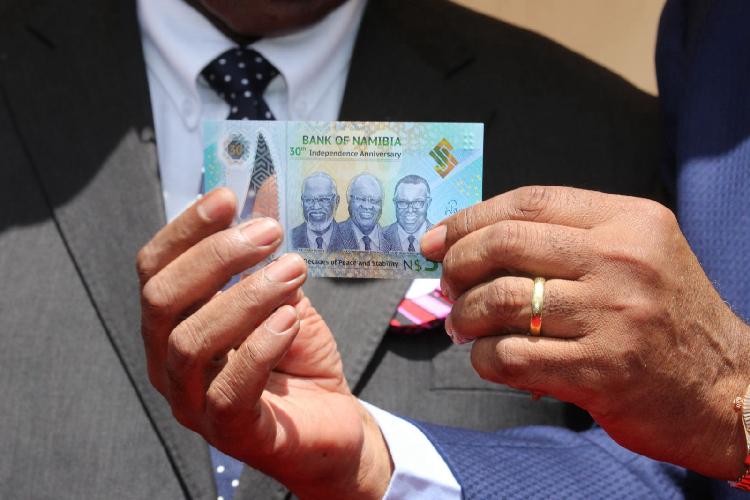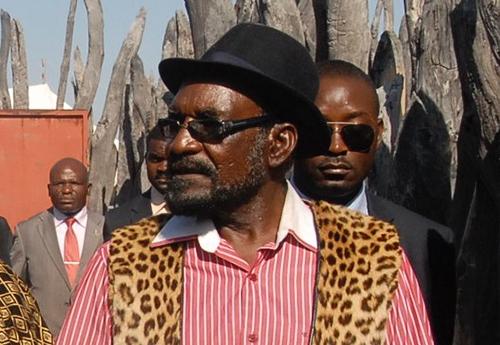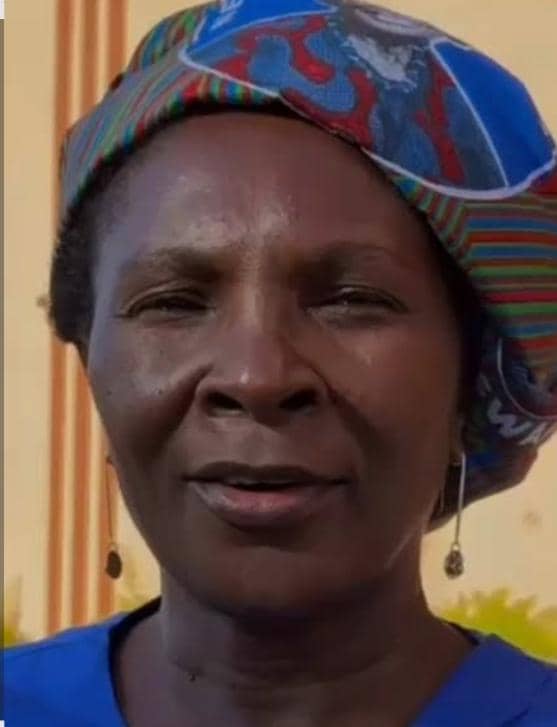RIYADH – Regional rivalries, worry about stoking hardline Islamists, and lack of real leverage explain the muted response of Arab governments to Israel’s offensive in Gaza, according to analysts.
While Arabs across the region have reacted with fury at the Israeli assault on the Islamist movement Hamas which runs the Gaza Strip, their governments’ reactions have been tempered by concern over encouraging angry radicals at home and by the knowledge that they have few diplomatic tools to pressure Israel.
The Israeli assault, which turned Saturday into a land invasion, has left close to 700 dead since it started.
But regional governments’ reactions have caused disappointment in the Arab street, a gulf between sentiment and action that could become politically dangerous if Israeli soldiers and tanks remain in Gaza for long.
‘The Arab response is very weak. They seem to be paralysed. They really don’t look like they have that much they can do,’ Khalid al Dakhil, a Saudi political analyst, told AFP.
The Arab governments’ response was ‘not up to the expectations of the Arab people,’ said Saudi political scientist Tawfiq al-Sais.
But, he added, it probably reflects the reality of the situation, that there is not a lot they can do.
Arab governments across the region have severely rebuked Israel for the intensity of its campaign, with the emir of Qatar accusing it of committing ‘a war crime’.
But the tiny emirate, which has since 1996 housed an Israeli trade office – the only one in the Gulf region – has shown no intention to sever the link.
The main thrust of the Arab countries has been to seek an immediate ceasefire resolution in the UN Security Council.
‘It is the responsibility of the council to end conflicts as soon as possible, and the current conflict in Gaza should be no exception,’ Saudi Foreign Minister Prince Saud Al-Faisal told the council Tuesday.
Qatar called for an emergency Arab leaders summit, but the Saudis, for one, have been cool on the idea, saying any such meeting summit would need to go beyond simply ‘closing with communiques’.
‘What more can we do? Is there anybody ready to fight Israel?’ asked Mohammed al-Zulfa, historian and member of the Saudi Shura Council, the consultative assembly whose members are appointed by King Abdullah. Some suggest that Egypt and Jordan, the only neighbours to have ties with Israel, could recall their ambassadors, as Mauritania did Monday. But Zulfa and others doubt that would bother Israel.
At the heart of the problem lies unhappiness with Hamas. The Arab governments, excepting Syria, have supported Palestinian president Mahmud Abbas’ moderate Fatah faction, driven out of Gaza by Hamas in June 2007.
After the Israeli offensive began on December 27, many Arab governments both blasted Israel and blamed the Palestinians’ ‘lack of unity’.
Egypt and Saudi Arabia also privately blame Syria and Iran for encouraging Hamas for their own geopolitical ends, and now worry that if they help Hamas, it would strengthen Damascus and Tehran regionally.
‘Gaza has been murdered twice: first, by Israeli barbarism, and second by states which are exploiting the Palestinian cause and Hamas to obtain other specific goals in the region,’ wrote Tareq al-Homaid, editor-in-chief of the Saudi-owned Al-Sharq al-Awsat newspaper, which has close government links.
More deeply, several analysts say, they worry that helping Hamas could empower Hamas-linked radical groups inside their own countries.
‘Governments don’t want to intervene so as not to help revolutionary sentiments inside their societies,’ al-Sais said.
That worry has been seen in the determination in the Gulf states to restrict pro-Palestinian protests like those that have broken out elsewhere.
The public’s desire to show their support is clear. Several arrests were made last week when authorities put down two protests in eastern Saudi Arabia, and in Jeddah, students have taken to wearing Palestinian-style scarves in sympathy.
Riyadh has sought to channel public anger. Last Friday, imams in mosques, normally strongly discouraged from dabbling in politics, were allowed to preach on the crisis. And on Saturday, a government-sponsored 11-hour telethon raised nearly US$32 million for Palestinians.
The worry, analysts say, is that the longer Israel’s offensive continues, the greater the gulf between public sentiment, stoked by televised pictures of bloodied Palestinian victims, and the governments’ ability to respond.
‘This puts more pressure on the Arab states, puts them in a very awkward position,’ said Dakhil. – Nampa-AFP
Stay informed with The Namibian – your source for credible journalism. Get in-depth reporting and opinions for
only N$85 a month. Invest in journalism, invest in democracy –
Subscribe Now!










